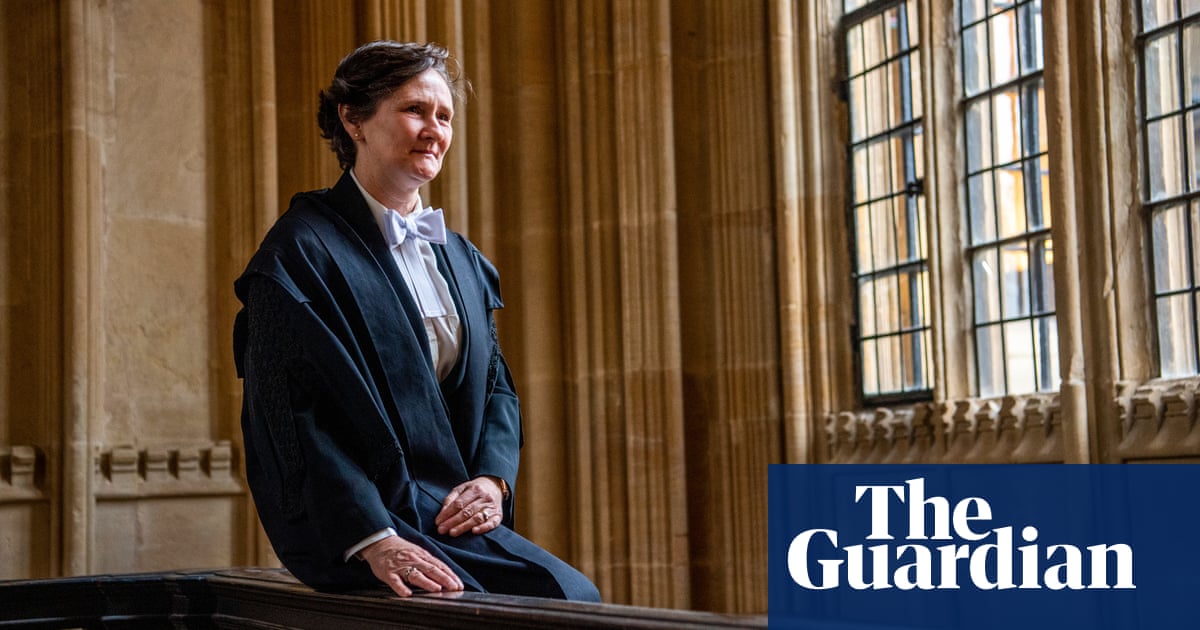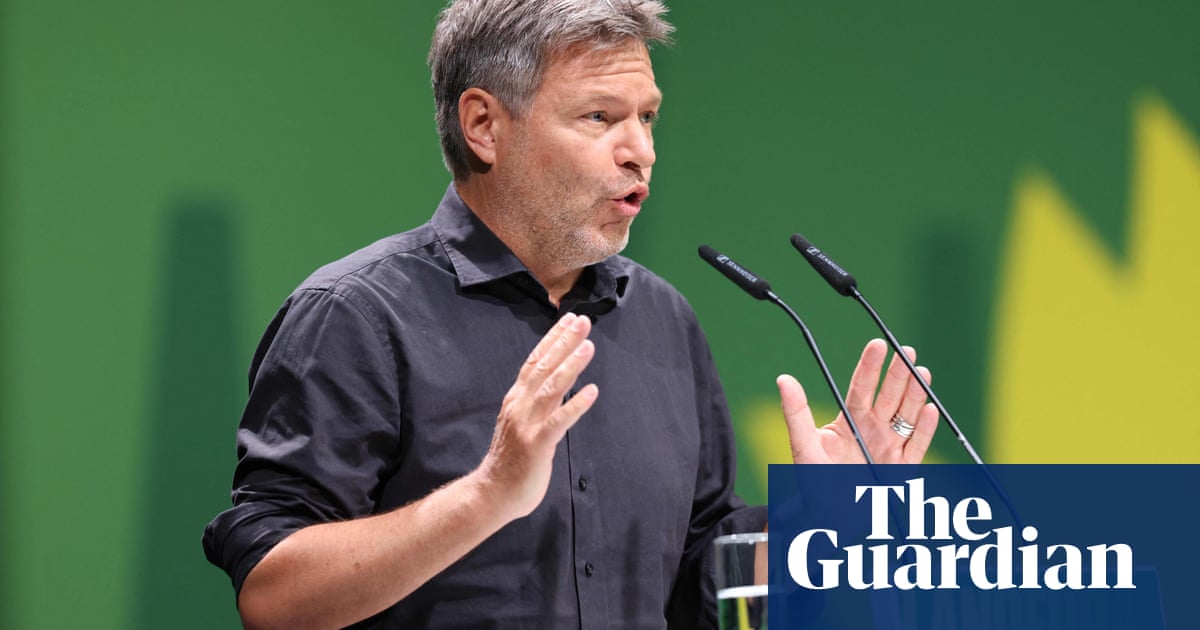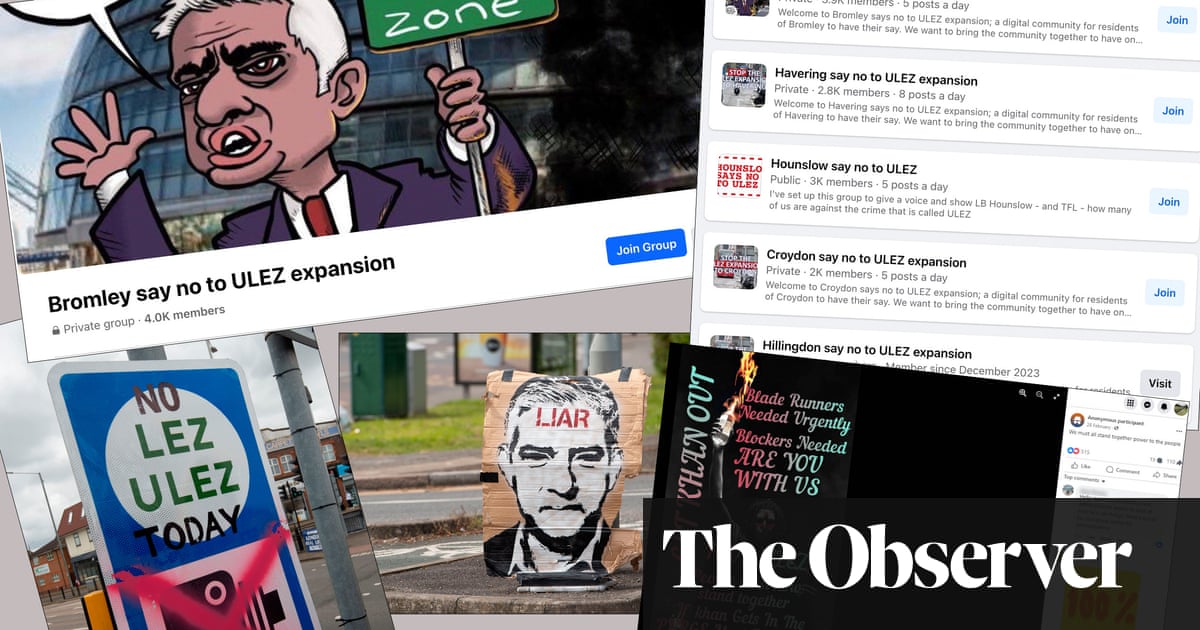
Oxford’s vice-chancellor has said she was “deeply saddened” by the abuse and attacks aimed at the university’s transgender staff and students during her first year in the post, including the controversy which surrounded an appearance by Kathleen Stock, a gender-critical feminist.
Prof Irene Tracey, delivering her first oration since her appointment as vice-chancellor, told the assembly at the university’s Sheldonian theatre: “I was deeply saddened to learn of the abusive and threatening language and behaviours that our trans community suffered this year.
“We should have done more to support them; rest assured lessons were learned.
“In this university, I expect more and we will continue to strive to create a culture of tolerance and respectful disagreement on key issues of the day. That is how we learn together and evolve.”
Tracey prefaced her comments with a defence of free speech, saying it had been “centre stage” during the year. In May Stock addressed the Oxford Union, the independent debating club, attracting protests after a campaign by some students and staff to call off the event.
The university gave its backing to Stock’s appearance, which was interrupted by protesters gluing their hands to the floor of the stage.
“I have been clear about our role in the university sector to protect free speech: it is core to how we teach subjects and expose students to different views; and it also goes hand in hand with our commitment to equality, diversity and inclusion,” Tracey said.
“I have publicly acknowledged that this means some legal free speech will be hard for some individuals to hear. However, I am also disturbed by what I witness as an amplification of discourteous, intolerant and hateful rhetoric on social media platforms under the guise of free speech.”
Tracey also announced the launch of a pilot “vice-chancellor’s colloquium”, which she described as “an experiment in helping students learn from each other across the divide” of humanities and science subjects caused by the narrowness of the A-level curriculum.
The non-compulsory course was being developed to allow undergraduates from different subjects “to come together to enhance their critical thinking, communication, numeracy and data analysis skills”, Tracey said.












